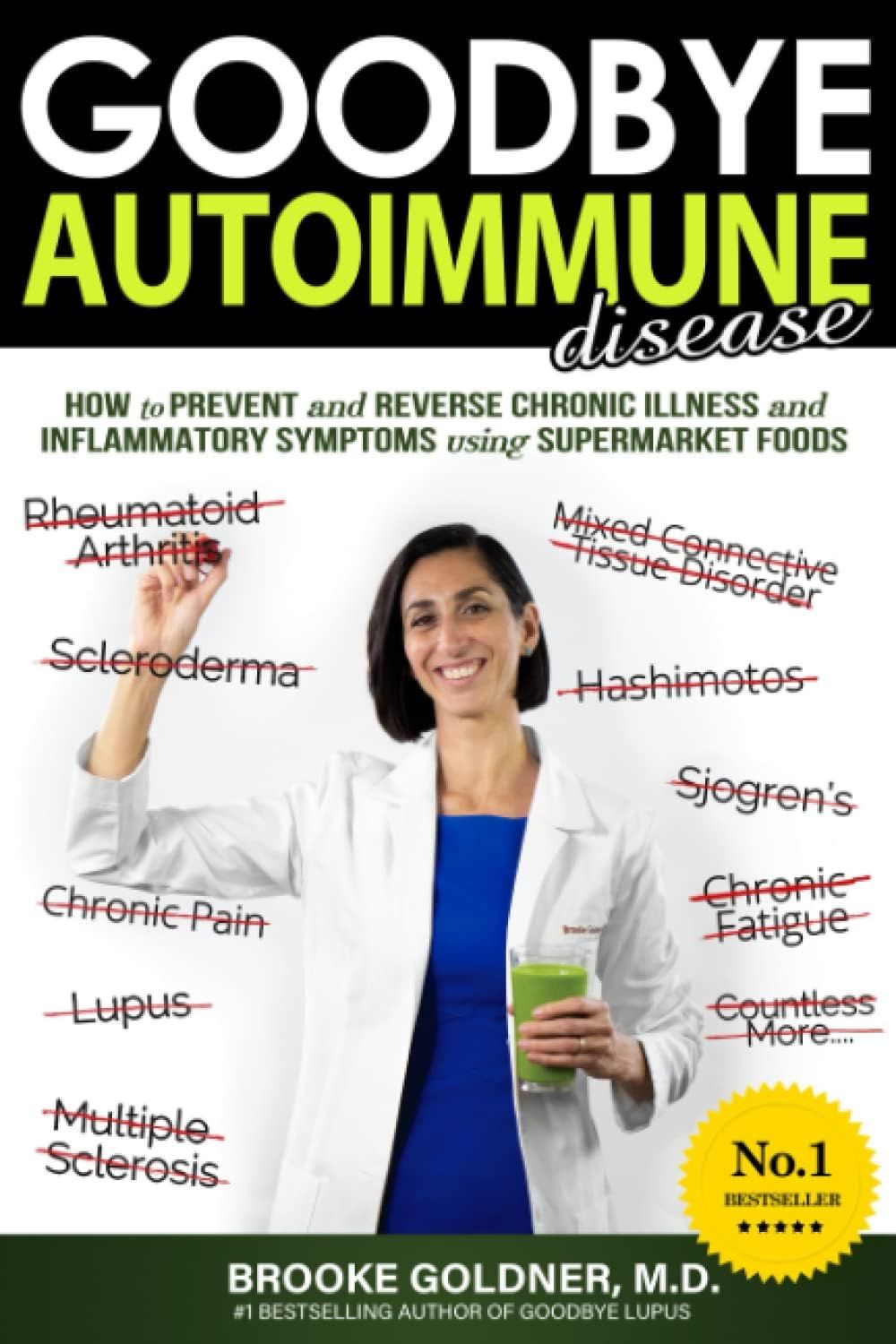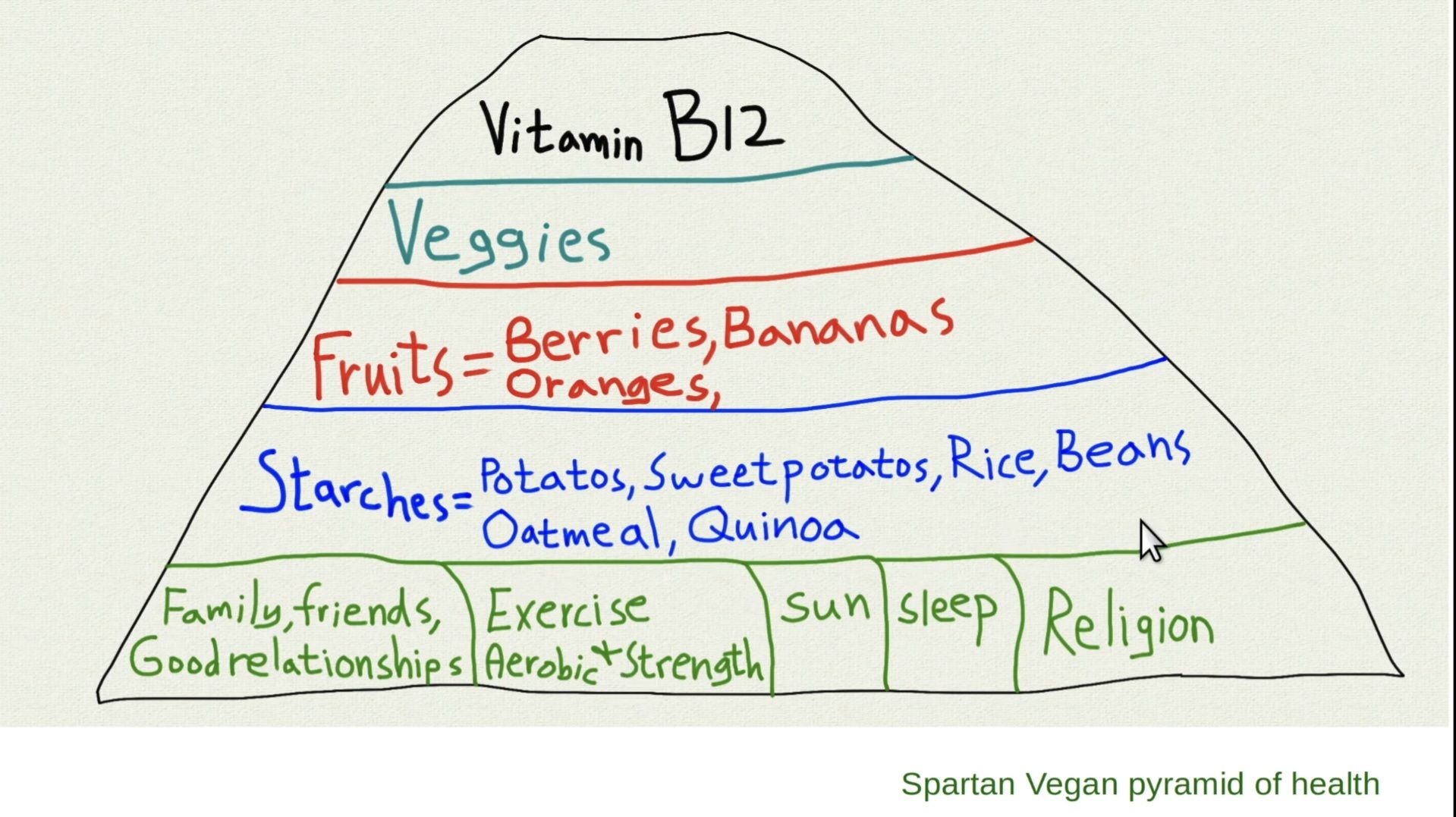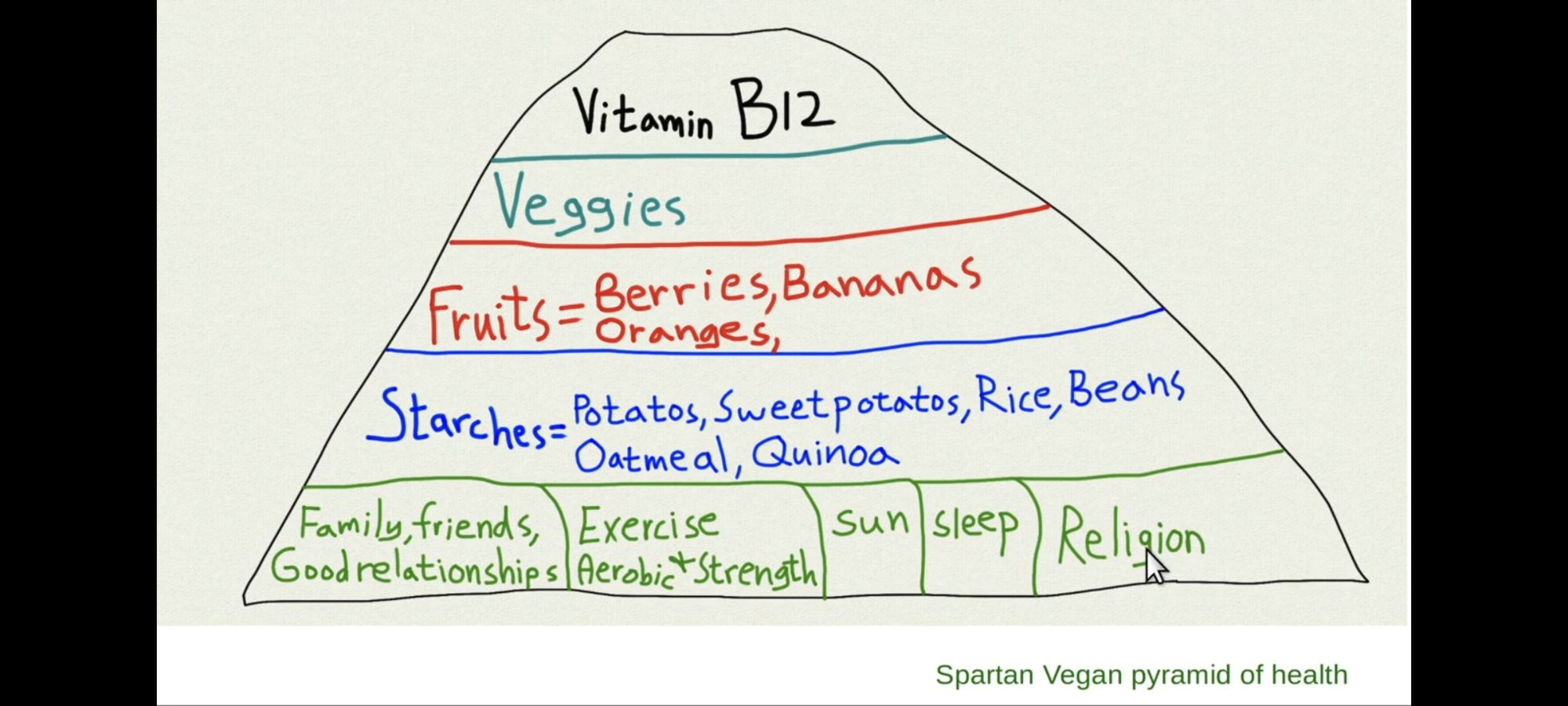Feb 2022
Category: Motivational
Do You Really need All That PROTEIN? Explore the Truth with Dr McDougall
Click HERE for the Free 12-Day McDougall Program 👉 https://www.drmcdougall.com/education…
Discover the truth about protein with Dr McDougall, a renowned advocate of the McDougall diet, who delves deep into the myths and misconceptions surrounding protein consumption and its perceived importance in our diets.
Dr. McDougall critically examines the modern diet’s heavy emphasis on protein, revealing the unnecessary stress it places on our bodies and the environment. He explains the minimal protein requirements necessary for human health and challenges the widespread belief that more protein equals better health. This video is a fantastic resource for understanding the foundations of a starch-based diet and how it can lead to significant health benefits, including weight loss and improved overall well-being.
Whether you’re a longtime follower of Dr. McDougall’s work or just beginning to explore the benefits of the McDougall diet plan, this video offers valuable insights into making healthier dietary choices. Learn more about Dr. McDougall’s weight loss philosophy, the effectiveness of a starch-based diet, and why the 12-Day McDougall Program could be the key to a healthier, happier you.
webe kälm Soothing Relaxation Device w/o Meds

Simple device that helps (children AND adults) calm down. 15% discount code:
” wellness2wonderful “
It will help me if when you order you please mention this number: W230331
There are really cute pig, ducks and dog friends
REVIEW OF: Goodbye Autoimmune Disease: How to Prevent and Reverse Chronic Illness and Inflammatory Symptoms Using Supermarket Foods

Goodbye Autoimmune Disease: How to Prevent and Reverse Chronic Illness and Inflammatory Symptoms Using Supermarket Foods (Goodbye Lupus)
Here is my favorite reader’s review:
In summary: For fastest results – eat 1.5lbs of cruciferous veggies daily, eat no more than 1.5lbs of fruit daily, eat as many other vegetables as you want, and consume 3/4 to 1 cup of chia/flax seeds daily. [Editor: This is a lot of seeds. Check with your doctor first… same with her unlimited avocados.] Have as many avocados as you want (not included in fruit limit) Liquid aminos (not coconut aminos), nutritional yeast and other seasonings are okay. No nuts or other seeds besides chia/flax, which should be freshly ground each day. – I do 12oz spinach smoothie + 1 cup chia/flax with a little pineapple and 2 bananas, juice of 1/2 lemon and fill with water. Then a bunch of broccoli, cabbage, kale, cauliflour, beets, etc for dinner, and whatever else I want. I also take pro/prebiotics to avoid getting gas.
What is Spartan Vegan food pyramid?

Do you have abdominal pressure syndrome? (Peter Rogers)

Abdominal pressure syndrome = lack of dietary fiber leading to chronic constipation; leading to straining at defecation with Valsalva maneuver; leading to chronic increased abdominal pressure; leading to hemorrhoids, diverticulosis, diverticlulitis, varicose veins, hernias, varicocele, hiatal hernia, GERD, esophageal cancer. Dry stool also associated with appendicitis. Slow stool transit time, high fat diet, lack of fiber are associated with increased risk of colon cancer, and lack of fiber with increased risk of leaky gut. Leaky gut is associated with autoimmune disease.
93 years old, but fit as if he were 40: His body offers lessons about aging
Article Correction: His weight is 75kg, not 75lbs. And 75kg equals 155lbs.
Plantrician Providers Directory – A division of the Plantrician Project
List of plantbased health providers:
The 5-day diet reduced ‘biological age’ by 2.5 years
A Cardiologist’s Go-To Dinner:
What’s for dinner in Dr. Hermann’s home? Often, this cardiologist makes a fresh salad topped with grilled salmon. We know we mentioned letting the heart choose dinner over the tastebuds. However, good news for people who want it both ways: “I love the freshness and lightness of the meal,” Dr. Hermann says. “It’s delicious.”
Beyond that, the light, fresh meal is nutrient-dense. “Fresh, leafy, green vegetables are loaded with vitamins, nutrients and antioxidants,” Dr. Hermann explains. “Salmon is also loaded with vitamins and contains omega-3 fatty acids that are known to improve lipid profiles and reduce arterial inflammation, which contributes to atherosclerosis.”
Leafy green vegetables boast fiber, vitamin C, zinc and vitamin A, all of which can lower heart disease risks. Darker leafy greens like spinach, broccoli and romaine lettuce are more nutrient-dense than iceberg lettuce, according to Cleveland Clinic. One 2021 study linked leafy-green veggie consumption with lower cardiovascular disease incidences.
The American Heart Association (AHA) recommends eating two servings of fish weekly (six ounces cooked) to lower your heart disease and stroke odds, and the AHA specifically emphasizes the benefits of fatty fish, like salmon.
To keep this salad heart-healthy, Dr. Hermann suggests avoiding one common pitfall.
You should be very careful about salad dressings,” he says. “They can be very high in calories and be a source of processed foods [due to oil or creamy dairy ingredients]. Ultra-processed foods are a huge and, frankly, dangerous source of calories in the average American diet. Intake of processed foods is linked to cardiovascular disease, and it is one of the current leading causes of dementia.”
A 2022-published study showed that higher consumption of ultra-processed foods was associated with elevated chances of heart disease and death. Another study published online the same year linked ultra-processed food intake with cognitive decline.
Other Ways to Make Heart-Healthy Dinners Easy:
When you’re busy or stressed out, it’s easy to reach for the first thing in your kitchen or pantry. Dr. Hermann has a quick tip to help you ensure that “thing” is one your heart will love.
“Place healthy food choices in front of your eyes in your pantry and fridge,” he recommends. “We often pick to eat one of the first two or three choices that we see. Don’t hide the good, healthy stuff in those opaque fridge drawers.”
Salmon may not be your salad topper—and that’s OK. However, you’ll want to choose alternatives wisely. “Make sure you substitute processed red meats for fresh fish and legumes and avoid ultra-processed foods,” Dr. Hermann shares. “This is really challenging because we are inundated with these foods, and they are typically relatively easy to prepare.”
Dr. Hermann says that high-sodium add-ons like tortilla chips can also lower the heart-healthy benefits of a salad, as can sipping soda or other sugary beverages with your meal.
Finally, you can’t control every factor associated with heart disease risk, such as genetics and age. However, you can control other aspects, like exercise and food choices, for the most part. Dr. Hermann stresses it’s important to use this truth to step into your power when you open the fridge rather than send you down a shame spiral.
Your choices matter, which is super empowering,” he says. “Even small healthy changes can yield big results.”
“What we put in our mouths daily has a tremendous impact on our health,” says Dr. Daniel Hermann, MD, an interventional cardiologist with Memorial Hermann in Houston. “In fact, the number one leading modifiable risk factor for death in the U.S. is poor dietary choices…It’s really important to make good food choices to stay healthy, feel better and live longer.”
Indeed, a 36-year cohort study of more than 85,000 people published in 2022 found that people who maintained a body mass index in the normal range, never smoked, consumed a healthy diet, and followed public health advice on alcohol and physical activity lived longer.
https://www.aol.com/im-cardiologist-heres-eat-dinner-172500926.html